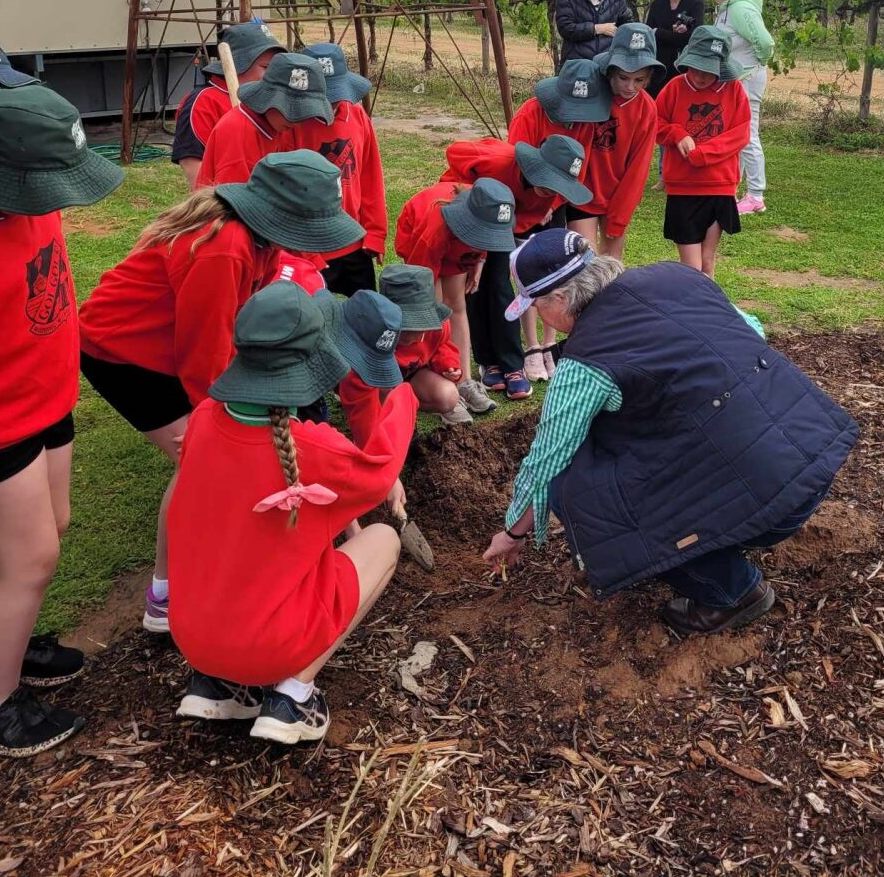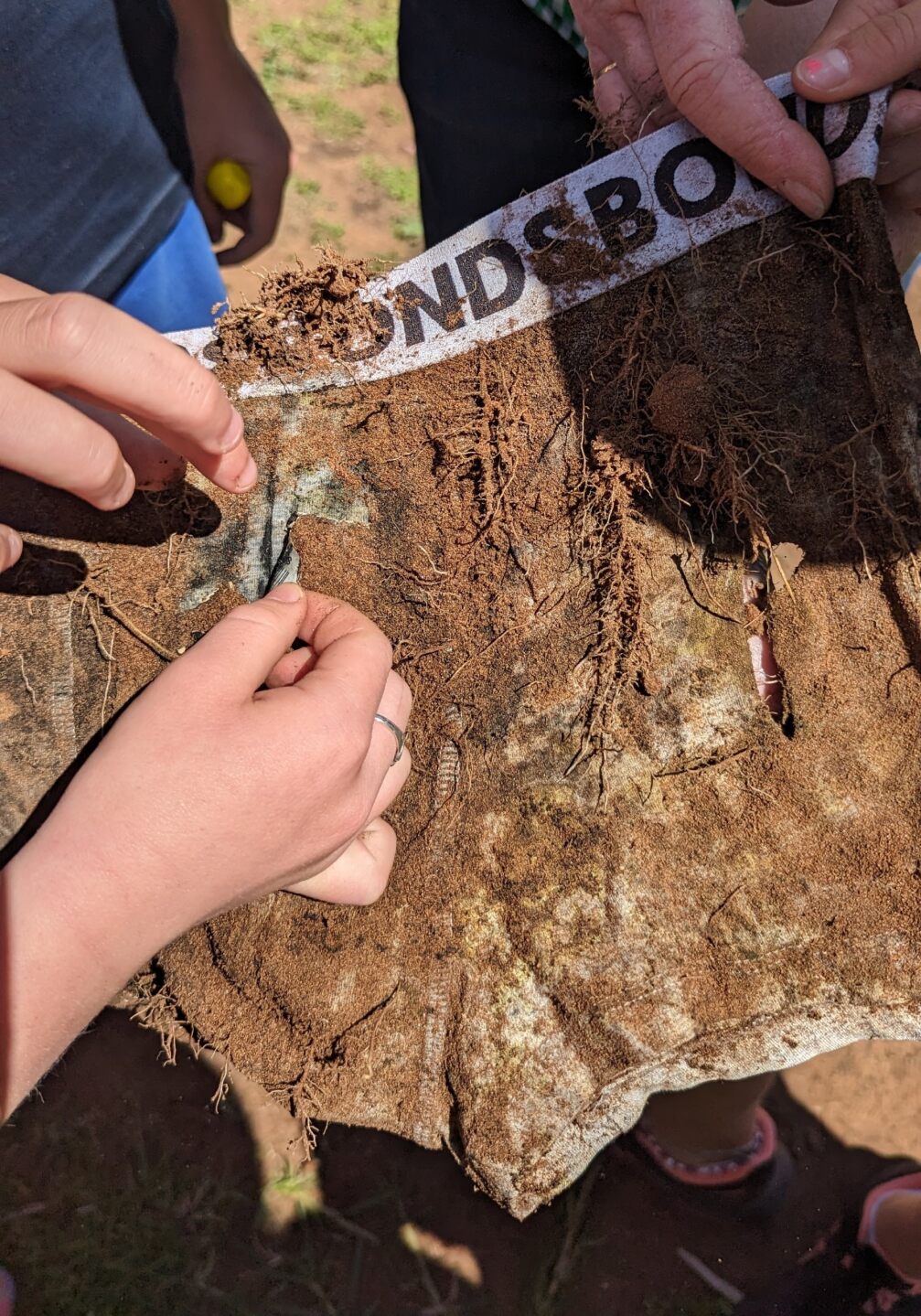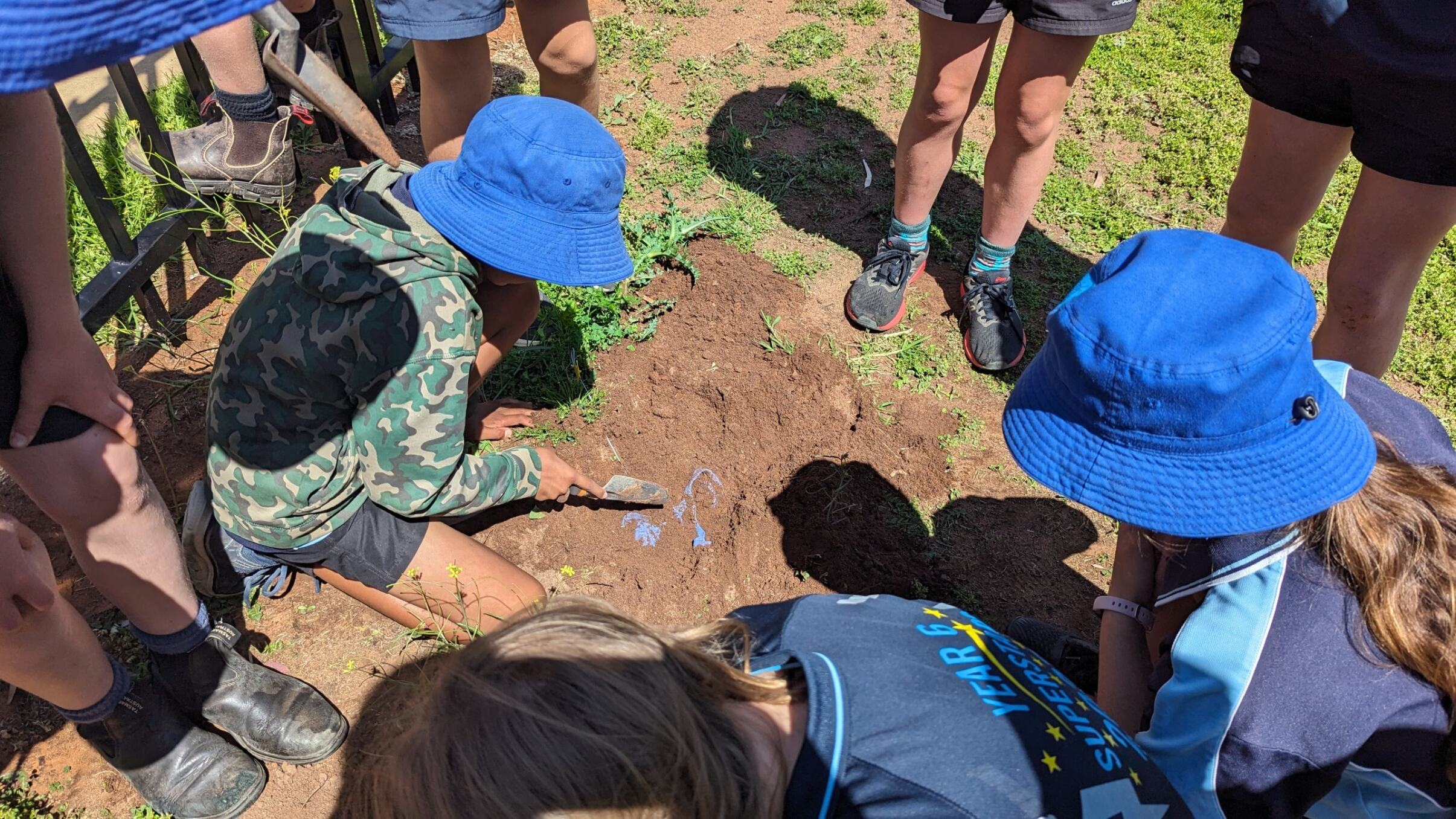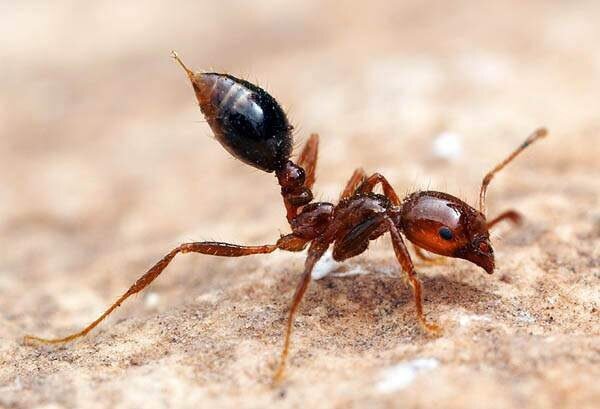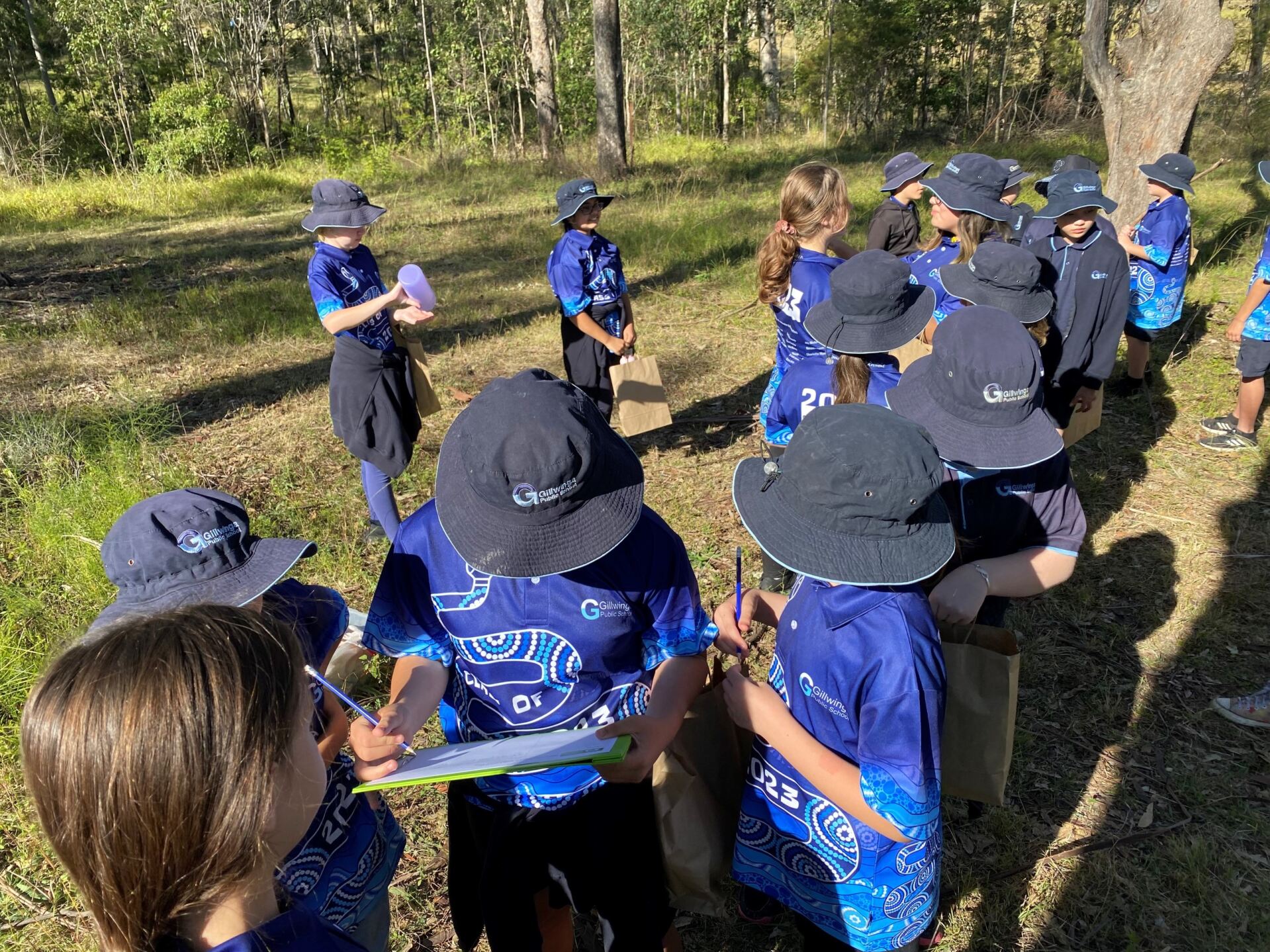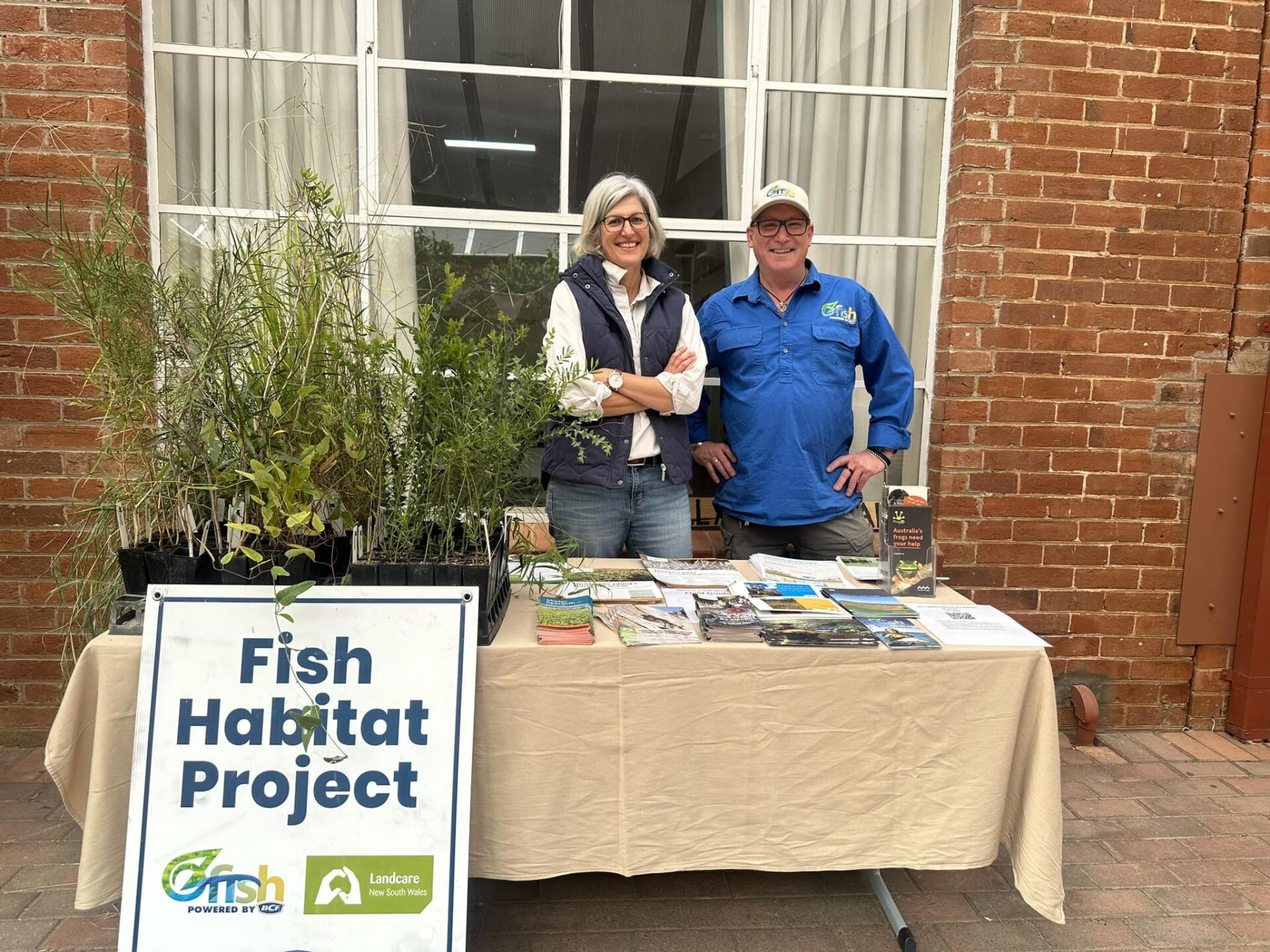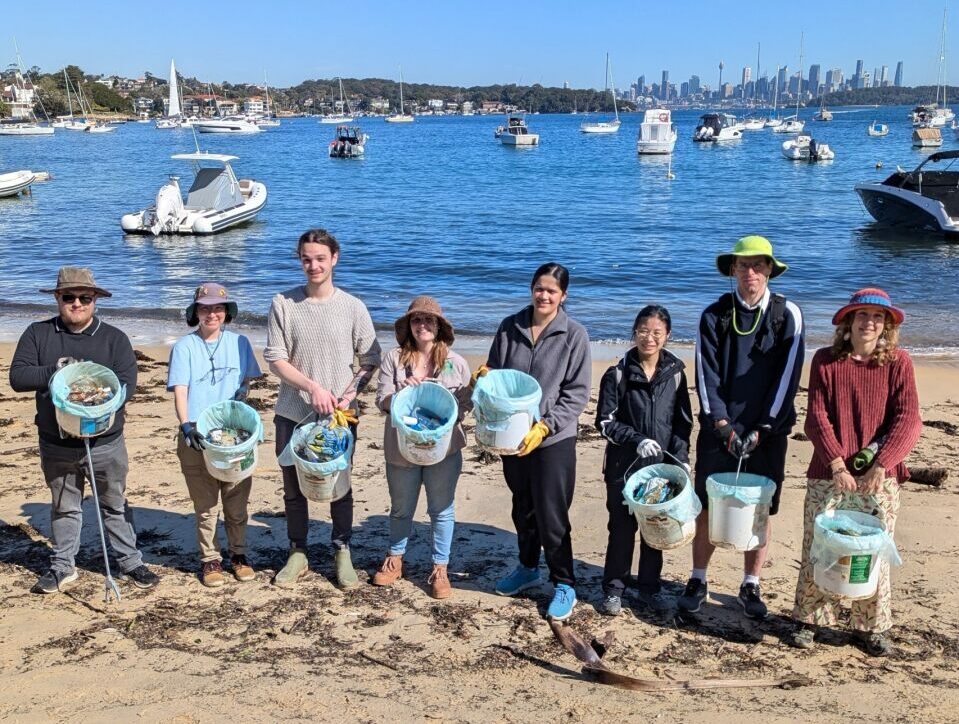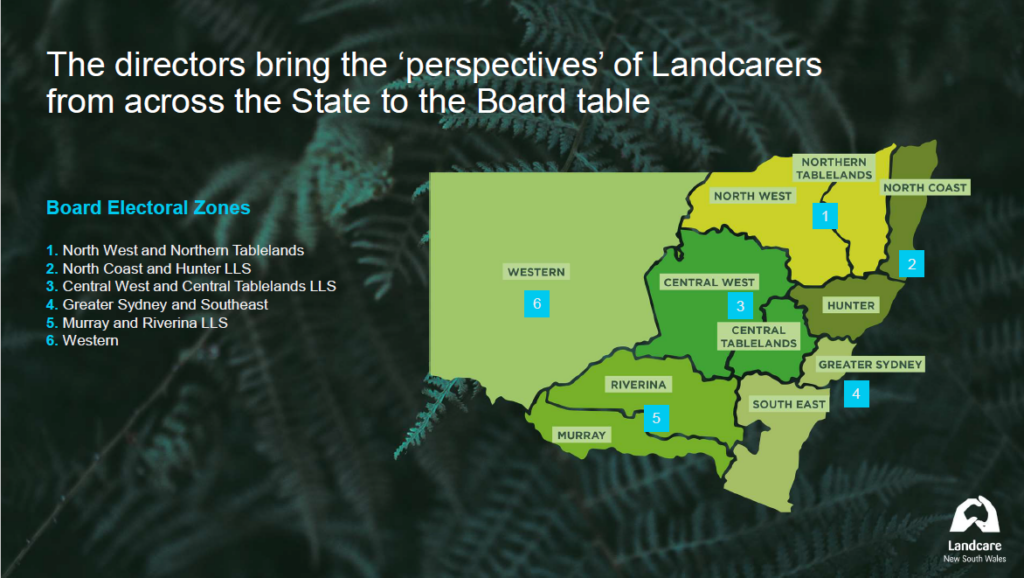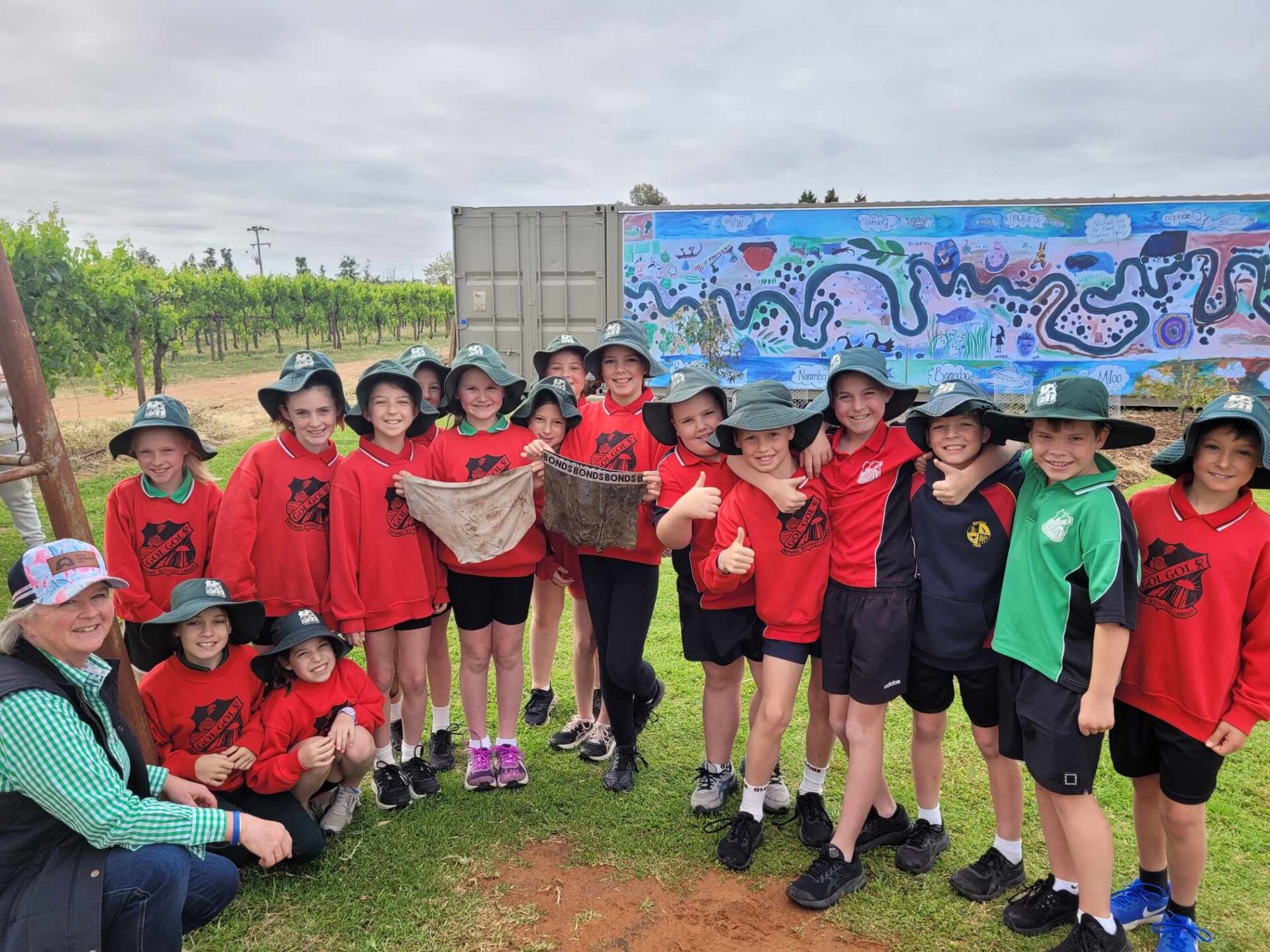
Soil Ya Undies
The use of the ‘Soil Ya Undies’ activity to promote soil health education in primary schools throughout Western New South Wales (NSW).
The Issue
The challenge was to create an activity that could be taken to schools as part of the Western Landcare School Education Program to highlight the importance of soil health. Living in Western NSW where our soils lack nutrients, students need to understand the importance of soil and how to keep a healthy balance. Due to the difference in climate and soils across the region we needed an activity that would be transferable across the West whilst also being hands-on, fun, and engaging to students.
The Solution
Upon hearing about the work that Dr Oliver Knox from University of New England undertook with his soil health program we created our ‘Soil Ya Undies’ for schools. Cotton and synthetic underwear were purchased and buried in the school grounds. Undies were buried for six weeks, then dug up and analysed for the condition and discussed.
Our team created two relevant worksheets relating to the burying and digging up process of the undies. The worksheets were age appropriate covering soil types, natural and synthetic fibres and improvements that could be made to the soil. This activity was highly supported by all schools that participated.
The Impact
This activity promoted the importance of soil health and its influence on sustainable agricultural practices to primary school students. It began the conversation in the classroom on how soil impacts these practices and ultimately the quality of food and fibres that we consume daily. It is important for students to understand the impact soil below the ground, has on the productivity above ground from growing fibres, feeding humans, animals, and keeping waterways healthy.
Learnings
This activity highlights the importance of healthy soil and ways to nurture this precious resource. Basic soil health education is vital to agriculture, and teaching it in primary schools can greatly benefit Landcare efforts.
– Vanessa Anderson, Local Landcare Coordinator, Western Landcare NSW
This initiative made possible by the NSW Landcare Enabling Program, a collaboration between Local Land Services and Landcare NSW supported by the NSW Government.
